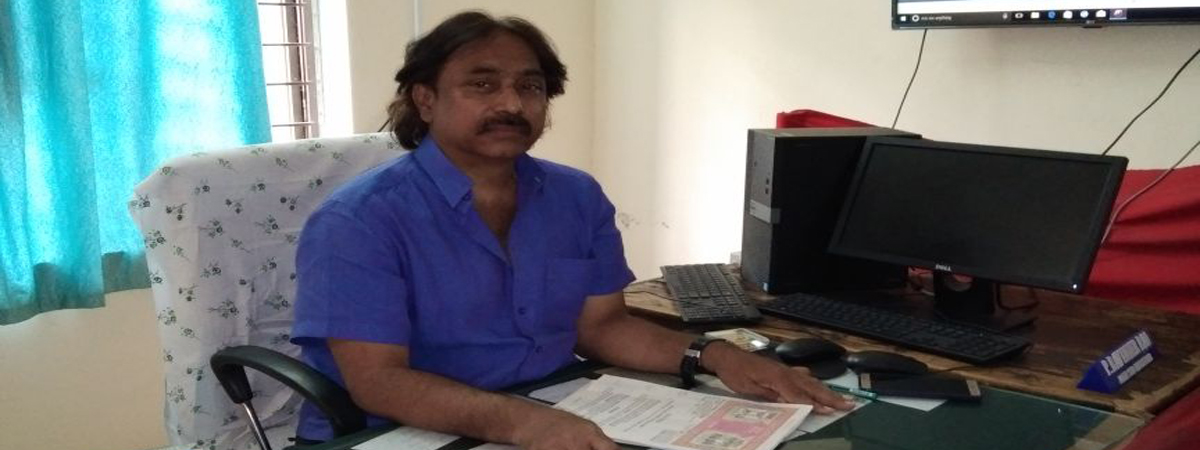Child marriages on decline in TS due to bridal schemes

Though its been more than 65 years since the Marriage Registration Bill passed in the Parliament, only Telangana State has seen its successful implementation The cause factor is Kalyana Lakshmi and Shaadi Mubarak schemes of the State government
Karimnagar: Though it's been more than 65 years since the Marriage Registration Bill passed in the Parliament, only Telangana State has seen it's successful implementation. The cause factor is Kalyana Lakshmi and Shaadi Mubarak schemes of the State government.
Irrespective of the caste and religion of the bride, the government is providing Rs 1,01,116 on the basis of economic backwardness. The scheme is called in two ways - Kalyana Lakshmi, if the bride is a Hindu and Shaadi Mubarak, if the bride is a Muslim.
In 2016, this scheme has provided Rs 51,116 only and was limited to socially backward classes like Scheduled Castes (SCs) and Scheduled Tribes (STs). In its second phase in 2017, the scheme was expanded to cover Backward Classes (BCs) as well.
In its third phase, the scheme included all those, who are economically backward and without considering the caste background. As the government had clearly stated that this scheme is applicable for only those brides, who are above 18 years, it has had a twin effect – one is that it reduced child marriages and the second one is it shot up marriage registrations.
The first marriage act India has ever seen was in the Colonial times, The Marriage Registration Act, 1872. This has been adopted by the Independent Indian government in 1954. Amendments to this act were made in 1969.
But this Act has never seen a proper implementation in any State of India. On February 14, 2006, the highest court had issued guidelines for the strict implementation of the Act. On the basis of which, the Union government took up the task of enforcement of the Act in 2009 but, as always, not so much has changed.
But the case of Telangana is different. The number of people receiving quality education and employment is quite high in Telangana when compared to other states in the country. This gave an impetus to marriage registrations in Telangana.
Though Kalyana Lakshmi and Shaadi Mubarak schemes do not specifically mandate the registrations, the advent of this scheme has given an upshot to the number of registrations, especially from economically backward classes. The registration helps the bride to obtain the money offered by the scheme easily. In fact, the wedding halls now also host the marriage registrars!
In 2015, a total of 3,517 marriages were registered in 15 marriage sub-registrars of the undivided Karimnagar district. By December 24, 2018, the number of marriages registered in the undivided Karimnagar was 21,943. Clearly only a little group of those, who are educated and moving abroad used to register. But the advent of this scheme has seen a rise in marriage registrations.
In 2016, the marriage registrations in undivided Karimnagar district stood at 8,523. And in 2017, the number reached 19,646. This increase in registrations unveil the fact that child marriages in Telangana are considerably on a decrease. Women and Child welfare department can now breathe during the wedding season.
Register marriages gives legal security: P Ravinder Rao
“Marriage Registration Act is simple and comes with a legal benefit of security. One can apply at least a month prior their wedding or can also apply after the marriage. The minimum age of applicants must be 18 years, and a 10th standard certificate must be produced as a proof.
If one is registering after the marriage, applicants must produce a wedding card and three of four eye witnesses must come along. Application can be submitted to Grama Panchayat Secretary also. The staff will be able to come to the weddings as well. But given the scarcity of staff, we cannot really go and attend every marriage,” informed sub-registrar Penchala Ravinder Rao.
By B Bhaskar Kumar




